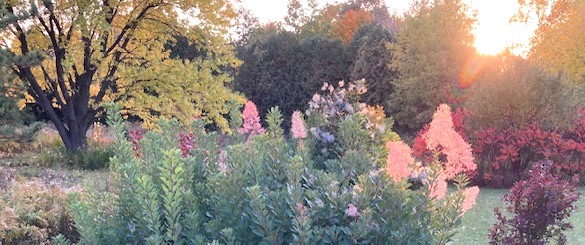 Ann Sheppard
Ann Sheppard
Nothing but the Sanctity of the Desert
by NAZGOL ADYANI
We are on our way to Yazd. It’s been two hours since we heard the news about Parsa. The sky is dark. All I can see is this endless dark road, occasionally brightened by headlights. Driving down a very long road is such torture when you are yearning to arrive at your destination. I know that when the sun rises, we will arrive. Light will come, but right now it does not seem possible. It’s as if the sun has forever vanished from the sky and we go on and on in the darkness.
I think about the cemetery. I know it should be a spacious place with large trees, many flowers, and a beautiful carpet of green grass. But here, in Yazd, that is only a fantasy. The Bahá’í Cemetery in Yazd is nothing but a desert, sand as far as the eye can see. And when you walk in that desert, it is just you and a hot wind that whips your face.
The government doesn’t allow the Bahá’ís in Yazd to place tombstones on the graves of their loved ones, so when you walk in the cemetery, through the sand, you see pieces of stone lying on the ground. If you look closely, you can see some names on the stones. That is all that we have — hot air, a vast desert, maybe a few flowers around some of the graves, but mostly broken pieces of stones, and a huge amount of sadness.
As I get closer to the scene of the burial, my hands begin to shake and the hot air seems to rob me of breath. I almost feel as if I will choke. When we arrive and approach the grave, I look around at my family members. They are holding each other’s hands tightly. I suspect that everyone is going over their last memories with Parsa. I can see the terrible grief in their eyes.
At last, my uncles finish lowering the coffin, and now all I can see is small mound of soil with some flowers strewn across it. I feel someone’s hand on my shoulder. I turn around and my father hugs me. I cannot stand it anymore — my cheeks are fully wet now with my tears. My heart feels like a desert now. There is nothing left in it, nothing but the sadness and the sanctity of this massive desert.

